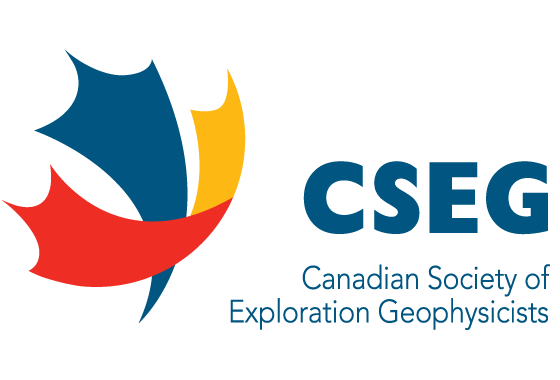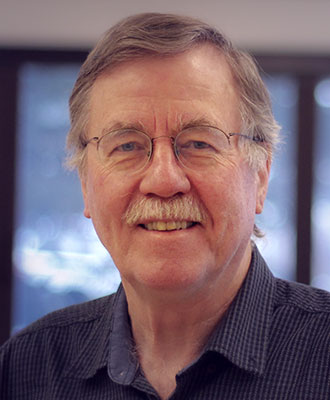Abstract
Climate change is now recognized as a global threat and rising global temperatures are attributed by the majority of climate scientists to increasing levels of greenhouse gases in the atmosphere. In particular, emissions of carbon dioxide (CO2) from the combustion of fossil fuels as well as from other industrial sources are considered to be major contributor to climate change. Many countries, including Canada, have made commitments a Net Zero Carbon goal by 2050. Carbon Capture, Utilization and Storage (CCUS) includes a range of technologies that can significantly reduce emissions of greenhouse gases during the energy transition to low or zero-emitting energy sources. Carbon capture consists of the separation of CO2 from flue gases at large stationary emitters such as power stations, petroleum upgraders, steel and fertilizer plants, captured directly from the air, or during the production of hydrogen from natural gas. The captured CO2 can be converted to useful products, such as fuels and carbon fibre, as additives to other products such as cement, or utilized for enhanced oil recovery with reduced carbon intensity of the produced oil. However, the greatest reduction in emissions that can be achieved in the short to intermediate term is geological storage of CO2. In this process, CO2 is injected into deep geological formations, into depleted oil and gas reservoirs, and mine tailings that can securely store the CO2 permanently. Canada is very well positioned for CO2 storage at a large scale due to its geology and technical expertise. The presentation will review what Net Zero means and opportunities for geophysics for implementing CCUS at scale during the energy transition.
Biography
Dr. Don Lawton is the Director of the Containment and Monitoring Institute (CaMI) at Carbon Management Canada and is Professor Emeritus of Geophysics at the University of Calgary. His research activities include acquisition, processing and interpretation of seismic data, advancing monitoring methods for geological storage of CO2 and integrated geophysical and geological studies in complex geological settings. He currently leads a research and commercialization program related to verifying the secure storage of CO2 in carbon capture and storage (CCS) projects. He was a co-recipient of an NSERC and the Conference Board of Canada University/Industry Synergy Award in 2000, was awarded the Canadian Society of Exploration Geophysicists (CSEG) Medal in 2000 and received Honorary Membership in the Society in 2014.






